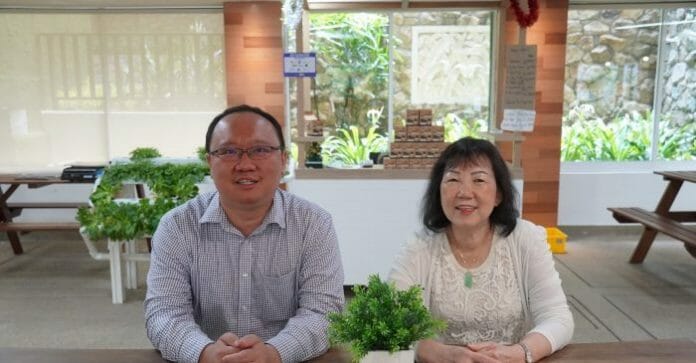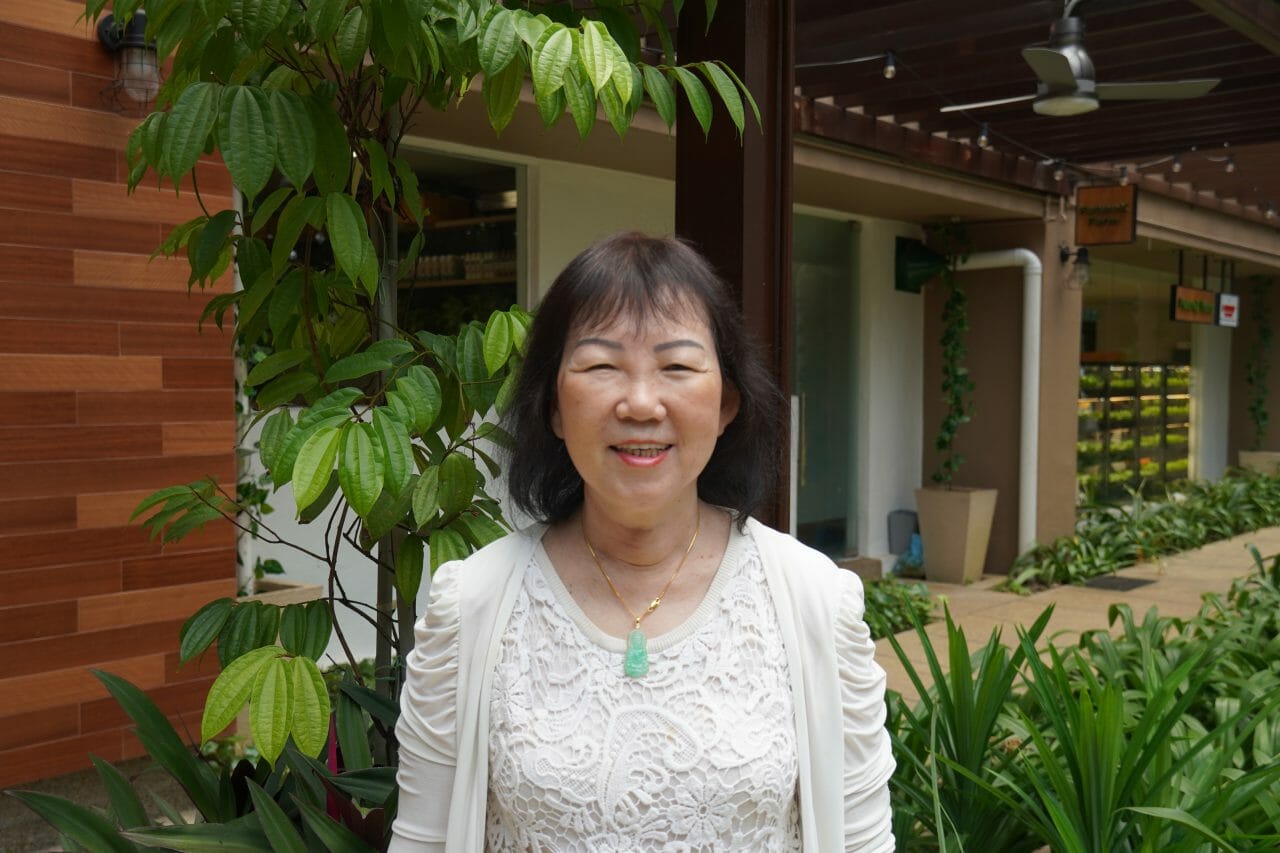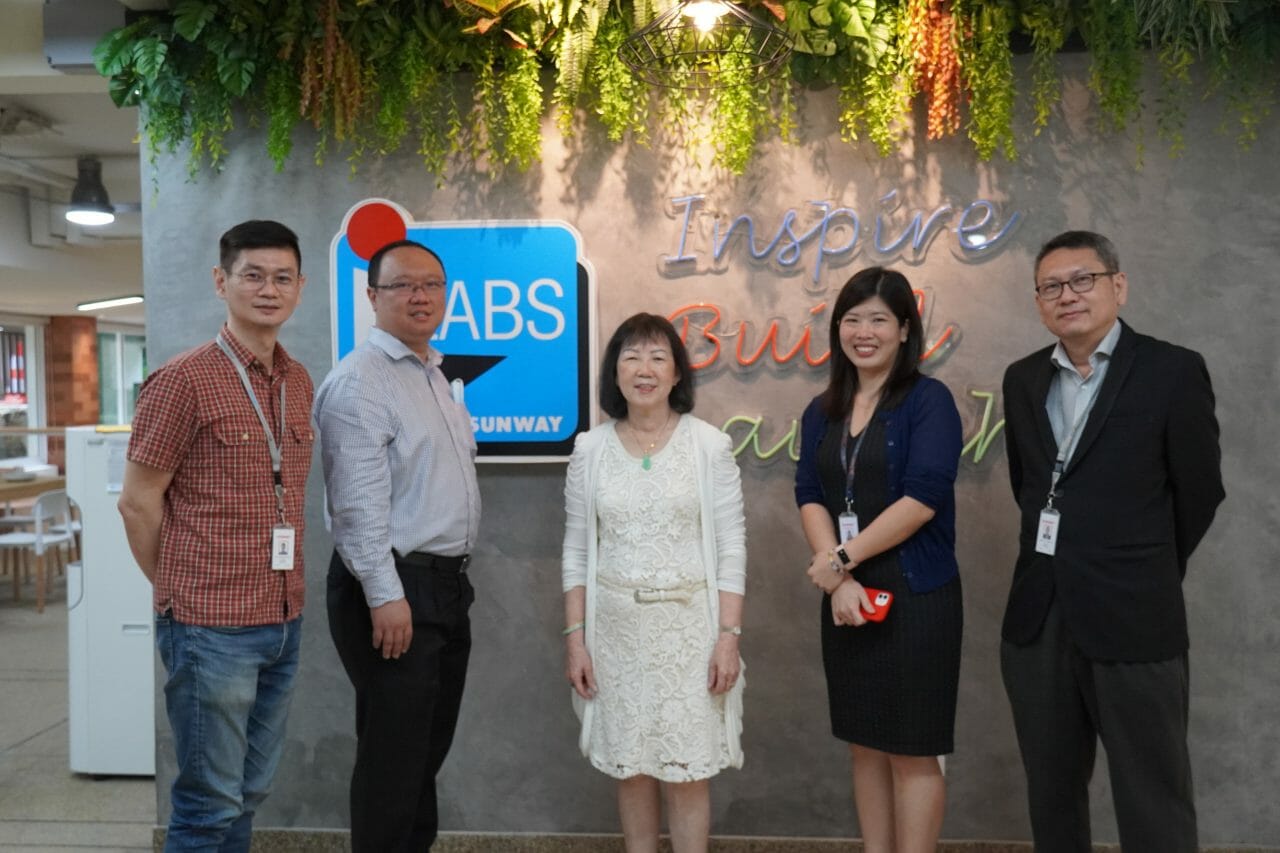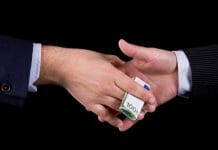DIGITAL INITIATIVE
Since founder, Sally Tan started Insafoam thirty years ago, her business had grown in leaps and bounds. With a meagre startup capital of RM 300,000 and a workforce of 15 in her manufacturing plant in Puchong, Sally’s workforce has now grown to more than 50 people with annual revenues of more than RM 30 million.
“When we started, we solely manufactured and distributed Insapipe. However, we have expanded to manufacturing polyurethane panels for cold rooms, clean rooms, telecommunication cabins, and polyurethane spraying systems for computer rooms, hospital operations rooms and other facilities. We have also diversified to undertake design, supply and installation Thermal Energy Storage (TES) tank and manufacturing of Industrial Building System (IBS),” she said.
From just serving the Malaysian market, Insafoam has expanded its markets to Southeast Asian countries and the Middle East. Its rapid expansion as a Malaysian homegrown company had earned the recognition Small and Medium Industries Development Corporation (SMIDEC) and supported by the Ministry of International Trade and Industry (MITI) in 1997 which had listed Insafoam as one of the winners of its Enterprise-50.
CHALLENGES TO CONTINOUS GROWTH
Despite her many achievements, Sally is looking to grow Insafoam to become a leading regional player with factories being planned in Thailand, Bangladesh and Indonesia to better serve the emerging markets with a combined revenue of RM 12 million by 2025.
“There were many challenges, like those related to having a constant pipeline of a skilled workforce. The daily demands in our manufacturing plants continuously increased, and we are finding it harder and harder to keep up with production,” Sally said.
“As we expand, what we could have done was to ask the workers to work overtime; but this also meant that we would still not be able to meet the daily demand and we would end up with higher overheads and worse, an exhausted workforce. We were at a breaking point.”
It was then that Sally had turned to Sunway iLabs, a non-profit innovation firm founded as a collaborative effort between Sunway University, Sunway Group, and Sunway Ventures. Sunway iLabs has an R&D unit that handles contract research and consultancy and is currently managed by iLabs Foundry.
iLabs Foundry connects companies of all sizes to Sunway University’s top academics and researchers who can utilise the latest methods, and knowledge to accelerate their business innovation efforts. They then put together a team to co-create solutions that delivers real business impact for the companies through contract research, consultancy, and corporate training.
“Human resources constraint is a long unsolved problem for SMEs. When Insafoam shared with us about their pain points, we knew we could help provide Insafoam a feasible solution that comes with minimal investment,” Karen Lau, Head of iLabs Foundry said.
DOUBLING MANUFACTURING CAPACITY WITH DIGITALISATION
iLabs Foundry started the project by gathering a team of interdisciplinary researchers from Sunway University’s School of Mathematical Sciences – Prof. Ho Chee Kit, Associate Prof. Leow Soo Kar, Dr. Lee Mok Siang, and Dr Cheong Huey Tyng to kick-start Insafoam on its digitalisation exercise.
The team then commenced a deep-dive into Insafoam’s business processes through a series of observatory studies, analyses of the various sources of company data, and interviews with the employees to understand Insafoam’s organisational culture and behaviour.
“For SMEs, large digital transformation efforts could be too expensive an investment which could run into millions. We also knew it can be tough to change a process that everyone has adapted to in a company for years. However, we also knew that we could do things differently for Insafoam by leveraging on their existing data, which has been tremendously valuable in providing insights on where and which processes could be optimised,” said Prof. Ho Chee Kit, Dean of Sunway University’s School Mathematical Sciences.
The initial project findings warranted the redefinition of business processes, and the solution recommended was to build predictive mathematical models which would enable Insafoam to optimise their manufacturing capacity in terms of worker assignments, resources utilisation, production line allocations and more.
With the predictive analysis, the team from Sunway University then proposed an improved manufacturing plant layout and material flow that could be seamlessly integrated into the work processes. The predictive mathematic models also indicated that these improvements would be able to increase the manufacturing capacity by one-fold without overtime, and up to two-fold with 4-5 hours overtime allocated.
The project was concluded with the Sunway University team suggesting seven key strategies to optimise the manufacturing-related processes and layout of manufacturing plant, and also with recommendations to motivate their employees in adapting to various stages of process innovation.
“Organisation transformation is part and parcel of growing up. We all need to change and adapt as we move through different stages in life; the changes and adaptations we made through the years are what made us who we are today. Organisation transformation is exactly that. It might not always be the easiest, but it’s essential and we learn, grow up and move on from it,” said Sally.
As her advise to other SMEs, the visionary business leader added, “In business, we have to keep evolving to adapt to the changing market dynamics.”











